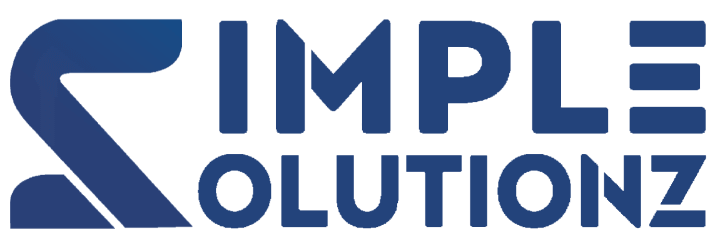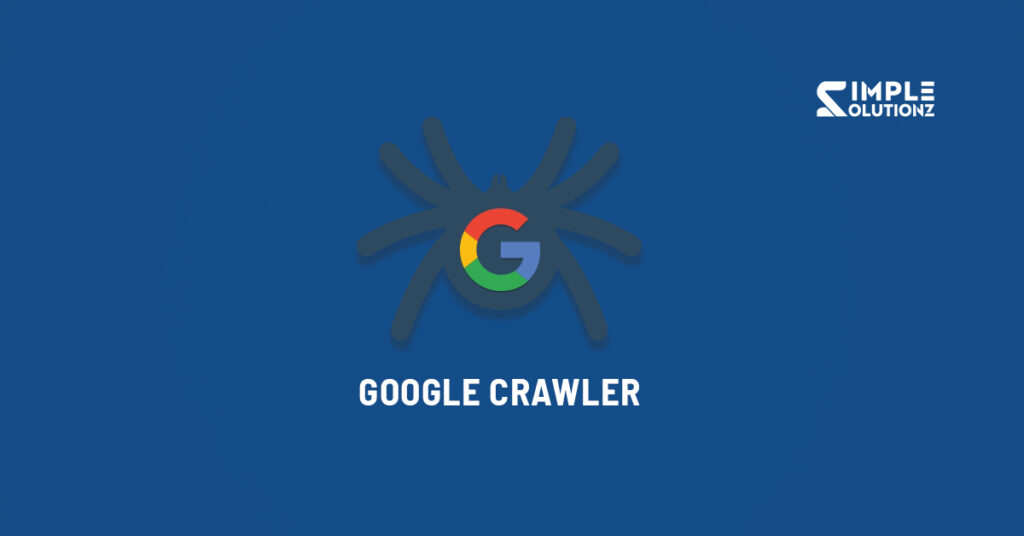Still, trying to figure out how to get Google to crawl your site effectively? Before we dive into advanced strategies, let’s break down the basics of Google’s crawl budget. Managing your crawl budget is more than just a technical detail. It’s a powerful SEO strategy that can impact your site’s visibility and rankings.
Why should you care about your site’s crawl budget? Because without it, even well-optimized content might not reach Google’s index. Let’s start with the essentials to make sure you’re ready to boost your SEO game.
Contents
What is a Crawl Budget and Why Does It Matter?
A crawl budget refers to the number of pages Googlebot crawls and indexes on your site within a specific timeframe. This budget is influenced by the importance of your website and its technical performance. But why does it matter? If Google doesn’t crawl your pages, they won’t be indexed, which means they won’t appear in search results. For large websites or sites with frequent updates, managing the crawl budget becomes important to ensure high-value content is prioritized.
Why Does Crawl Budget Matter?
- Without proper crawling, even high-quality content may not reach searchers. This can lead to reduced traffic and missed opportunities to capture your target audience.
- An efficient crawl budget helps Google focus on essential pages, enhancing indexing and SEO performance.
- Managing this budget ensures you’re making the most of your website’s content, focusing bots on what matters most, thus improving your overall SEO strategy.
Factors That Impact Your Crawl Budget
The elements that influence your crawl budget can help you manage it more. Here are the main factors to consider:
Site Size and Structure
Larger sites with extensive pages require a strategic approach to ensure key pages are crawled. A clear and logical structure helps Googlebot navigate and index your site more efficiently.
A well-organized site hierarchy ensures that the most important pages are easily discoverable, preventing valuable content from being overlooked.
Server Performance
Google’s bots may crawl fewer pages if your server response time is slow. A sluggish server limits how fast bots can move through your site. Optimizing server speed through reliable hosting services, reduced media file sizes, and caching techniques can increase the number of pages crawled per visit.
Content Freshness
Websites that frequently add new and relevant content often receive more attention from Google’s crawlers. Regularly updating content signals that your site is active and worth revisiting. Even refreshing older content with up-to-date information can encourage Googlebot to crawl your pages more.
Internal Linking
An organized internal linking structure is crucial for guiding Googlebot to important pages. Internal links act as pathways, helping search engine crawlers find and index pages efficiently. Ensure that your most valuable pages are linked within your site, so bots don’t waste time on less important content.
Duplicate Content
Duplicate content wastes your crawl budget by making Googlebot spend time on pages that don’t add unique value. To manage this, use canonical tags to indicate the original page and direct crawlers. Consolidate similar pages when necessary and eliminate redundant content to optimize your crawl budget.
Redirect Chains and Loops
Too many redirects in a chain or redirect loops can confuse and slow down Googlebot, limiting the number of pages it crawls. Streamline your redirects to reduce any unnecessary complexity.
Expert-Recommended Practices for Optimizing Your Crawl Budget
Optimizing your crawl budget may seem complex, but with the right approach, it can be managed efficiently.
1. Use an Updated XML Sitemap
XML sitemap is a roadmap for search engines, directing them to the most important pages on your site. Ensure your sitemap is current and only includes URLs that you want indexed. Regularly review and update your sitemap to reflect any new content or changes in your site structure.
2. Optimize Your Robots.txt File
The robots.txt file instructs search engine bots on which pages they should and shouldn’t crawl. Use it to block bots from crawling pages that don’t need to be indexed, such as admin pages, login areas, and duplicate archives. It ensures that Googlebot can focus its attention on high-priority pages.
3. Improve Server Response Time
Server performance directly impacts the crawl budget. Reduce large media file sizes, use a content delivery network (CDN), and optimize code to enhance server response time. The faster your site responds, the more pages Googlebot can crawl in each session.
4. Audit and Prune Low-Quality Content
Conduct regular audits to identify low-quality or outdated content that could be wasting your crawl budget. Remove, merge, or improve these pages to ensure that only valuable content is left for Googlebot to crawl.
5. Implement Efficient URL Parameters Management
URLs with parameters can create duplicate versions of pages and unnecessarily consume your crawl budget. Use Google Search Console’s URL Parameters Tool to inform Googlebot how to handle parameterized URLs or your URLs to avoid variations that lead to duplicated content.
6. Regularly Monitor Crawl Errors
Use Google Search Console to watch crawl errors that could indicate issues with your website. Address broken links, 404, and server errors promptly to ensure efficient crawling.
7. Prioritize Mobile Optimization
With Google’s mobile-first indexing, ensuring your site is mobile-friendly is crucial. Pages that load slowly or aren’t responsive on mobile devices can limit Google’s ability to crawl them effectively. Implement responsive design and improve mobile page speed to encourage better crawling behavior.
8. Leverage Canonical Tags
Use canonical tags to tell search engines which version of a page is the master copy. It helps manage duplicate content and prevents bots from wasting time crawling similar pages.
Advanced Tips to Make the Most of Your Crawl Budget
Once you have the basics covered, consider these advanced techniques:
- Pages that rely heavily on JavaScript can slow down crawling. Optimize your site’s JavaScript to ensure essential content is accessible to search engines without extensive delays.
- Structured data, such as schema markup, can help Google understand your site’s content more efficiently. This doesn’t directly impact your crawl budget but can make the crawling and indexing process smoother.
- If you manage a large site, updating content on a schedule can help Googlebot return at specific intervals, optimizing how it prioritizes and crawls your site.
Maximize Your Crawl Budget for Enhanced SEO Performance
Optimizing your crawl budget is more than just a technical detail; it’s an essential part of your overall SEO strategy. A well-managed crawl budget can significantly boost your website’s visibility, improve search rankings, and strengthen your online presence. Take charge of your crawl budget today and see how these optimization strategies can elevate your site’s performance and SEO success! If you’re looking for expert SEO services in Ashburn, we can help you manage your crawl budget effectively and enhance your site’s SEO results.

